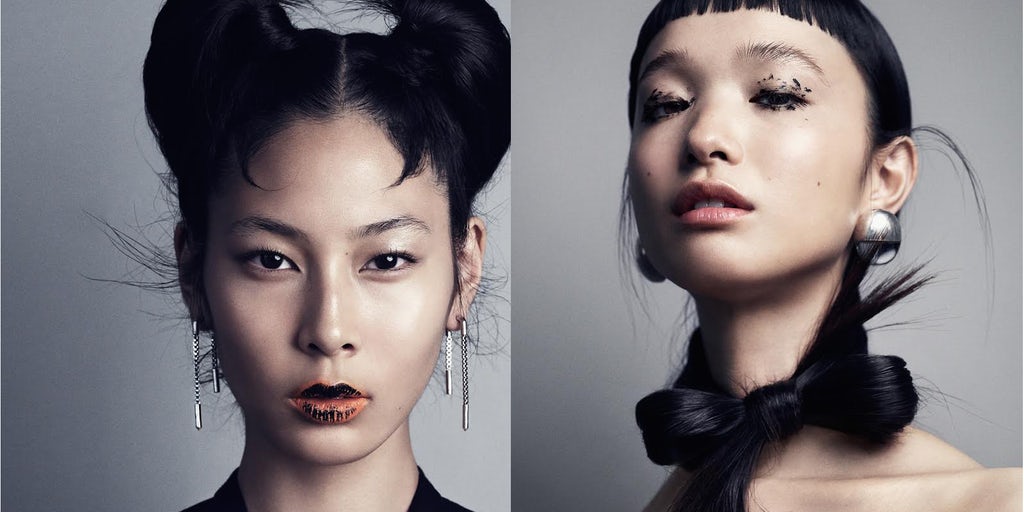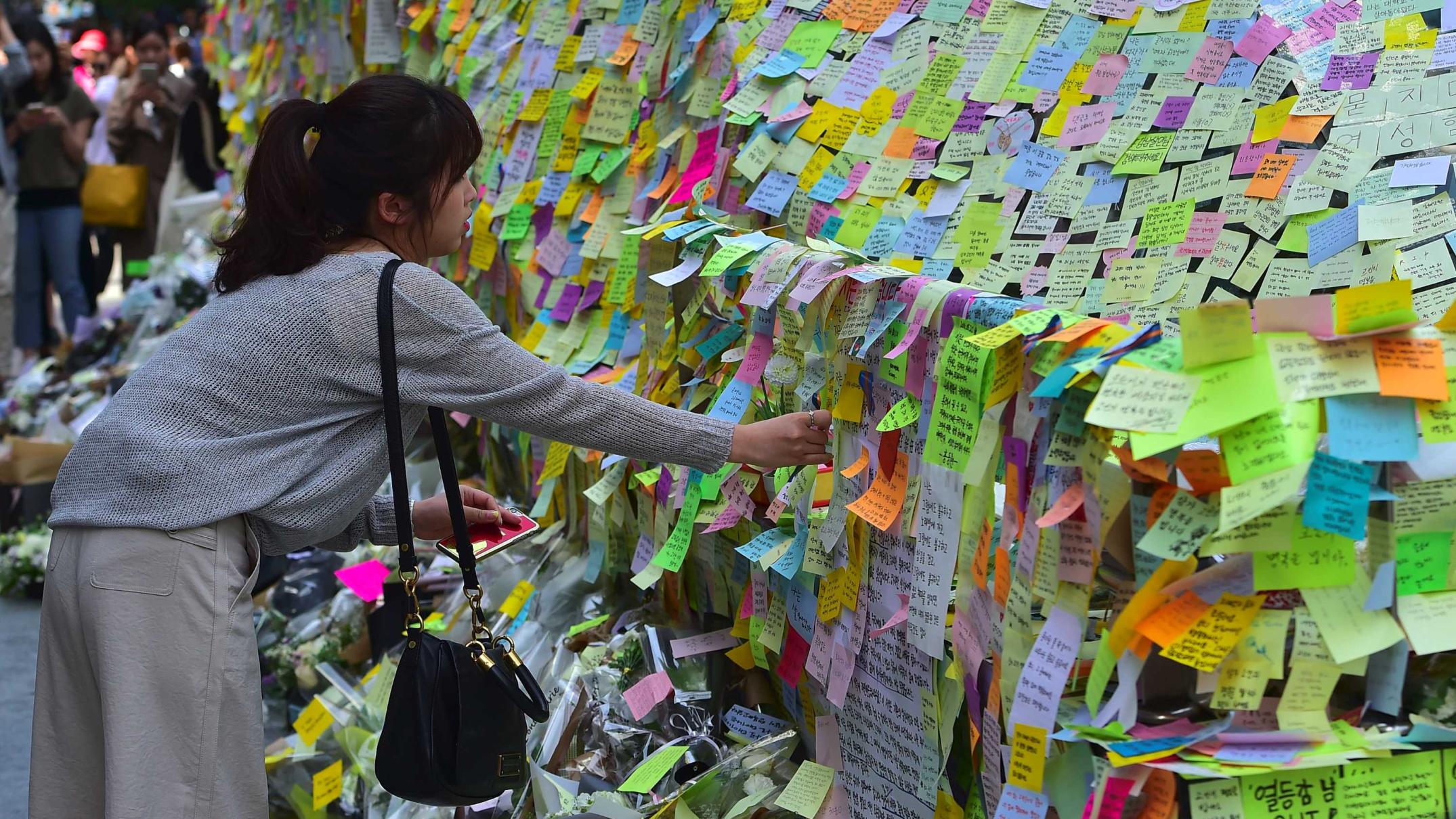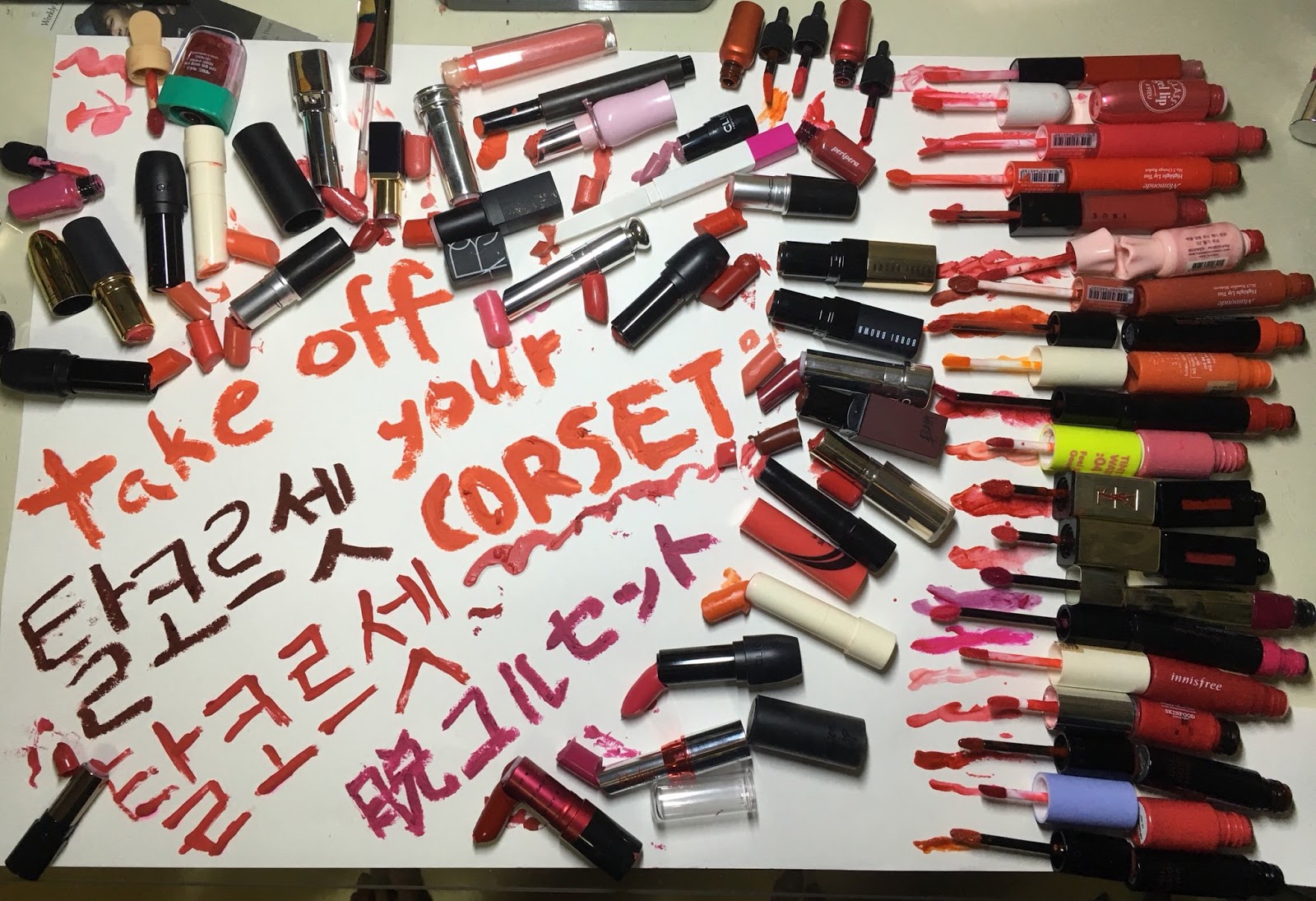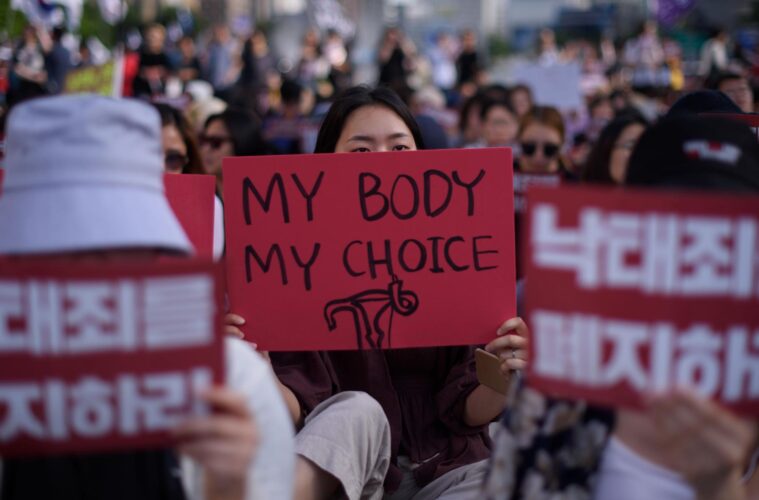We live in a world where many believe that physical appearances are everything. It’s almost impossible to ignore society’s toxic obsession with physical beauty and attractiveness.
Historically, many cultures and civilizations have given preference and idealized “fair skin”. People found those who had a lighter skin shade more appealing, and according to others it also signified the upper class or people who didn’t need to work. Add the stigma around darker skin shades in the mix- people suffered due to societal prejudices. Moreover, in almost an unsaid manner- people uphold European beauty standards as a way to measure their own physical attractiveness. This is perhaps due to the predominant presence of many European countries leaving their essence behind after decolonization.
The eastern cultures have taken a more aggressive approach towards achieving the highest sense of beauty. However, a bar has been established, and society’s pressuring people to succumb to the stress of following these beauty norms and routines. Their efforts are concerning because not only does having to look “pretty” have an impact on one physically, but it can damage their sense of self-worth and ruin their mental health.

Photo Credits: Business of Fashion
Disregarding the many positive transformations in society and a better sense of mindfulness, the east continues to strive for pale skin, double eyelids, thin and sharp noses. To want to ‘change in your look’ is not something we frown upon, but the desperate need to ‘change’ because society deems your looks as unsatisfactory or disappointing is intolerable.
The desire to improve one’s physical appearance and uphold unjust stereotypical beauty standards is so strong in certain countries, such as South Korea, that many service sector industries, like plastic surgery, the beauty and skincare manufacturing industries, have redirected their efforts to reap profits from the growing demands of consumers. They offer distinct treatments at more customer-friendly costs- further encouraging people of all ages to be financially invested in pursuing these deleterious standards of physical perfection.

Social media, peers, and sometimes families are responsible for pushing individuals into believing that they need to change or improve their appearance to have greater importance. Also, having idol groups, television and movie actors constantly portraying the “perfect” look, with no blemishes makes it seem like an achievable dream. Additionally, the mainstream media cloud their judgement as well. When every aspect of one’s life is a consent reminder for them to comply with such unrealistic beauty goals, it leads to breaking their self-confidence. Nothing is worse than feeling uncomfortable in one’s own skin.

Photo Credits: ABC News
In early 2018, the South Koreans were made aware of the ‘Escape the Corset’ movement, which essentially challenges the country’s patriarchal and rigid beauty ideals. The “corset” was metaphorically used to compare the binding and unyielding attributes of a corset to the discriminatory nature of beauty standards in South Korea. Thus, people are standing up for themselves and rejecting these obtuse needs to internalize beauty standards. Instead, they’re pushing for body positivity and being content with your natural looks.

Photo Credits: Korean Radical Feminism for Every Womyn
It’s time we go beyond what society expects from us, and create our own definition of beauty.


